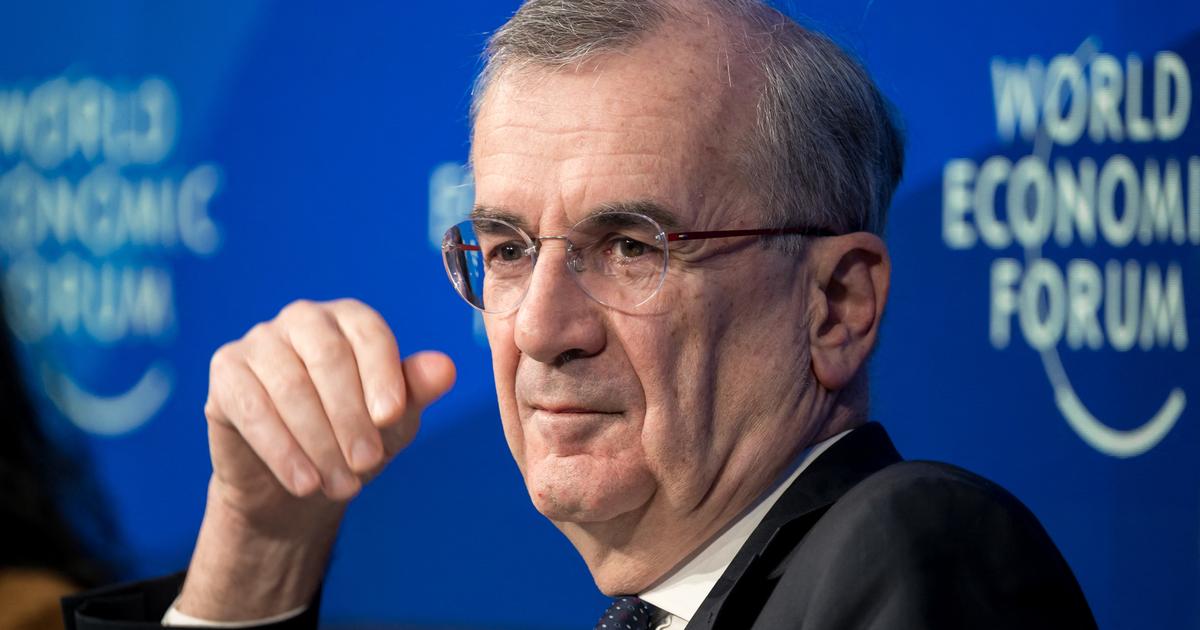Growth in credit to the private sector in the euro zone continued to decline in April, driven by successive interest rate hikes to combat high inflation, the European Central Bank said on Tuesday. Loans to the private sector, adjusted for certain strictly financial operations, rose 3.8% year-on-year, a slowdown for the sixth month in a row, against a backdrop of rising rates that led to the drying up of credit flows and transfer bank deposits to interest-bearing accounts. This credit decline is expected to continue as the ECB continued to raise rates in June by 0.25 percentage points, bringing to 3.75 percentage points the cumulative increase since July last year. This unprecedented monetary tightening campaign is aimed at containing soaring consumer prices.
" READ ALSO With inflation, the great return of the "advertising" in advertising
«
Our immediate and absolute priority is to ensure a return of inflation as soon as possible to our objective", and "we will succeed", assured the president of the institution Christine Lagarde last Wednesday during the celebrations of the anniversary of the 25 years of the ECB. Monetary tightening has a clear impact on bank credit: loans granted to companies slowed their growth in May to 4.6% year-on-year, against an increase of nearly 9% observed six months earlier. Growth in household credit also slowed to 2.5 percent, the lowest score since April 2017.
Another striking phenomenon is that the narrow money supply (M1), a leading indicator of growth that includes sight deposits, fell for the fourth month in a row and at an accelerated pace of -5.2% year-on-year, according to the ECB. Private actors continue to transfer their sight deposits to less liquid and interest-bearing savings, as France the Livret A. These sums are generally not directed to consumption, which should weigh on growth.









/cloudfront-eu-central-1.images.arcpublishing.com/prisa/YO5DZ3LUPREZFJDBI72KRYBPOY.jpg)





